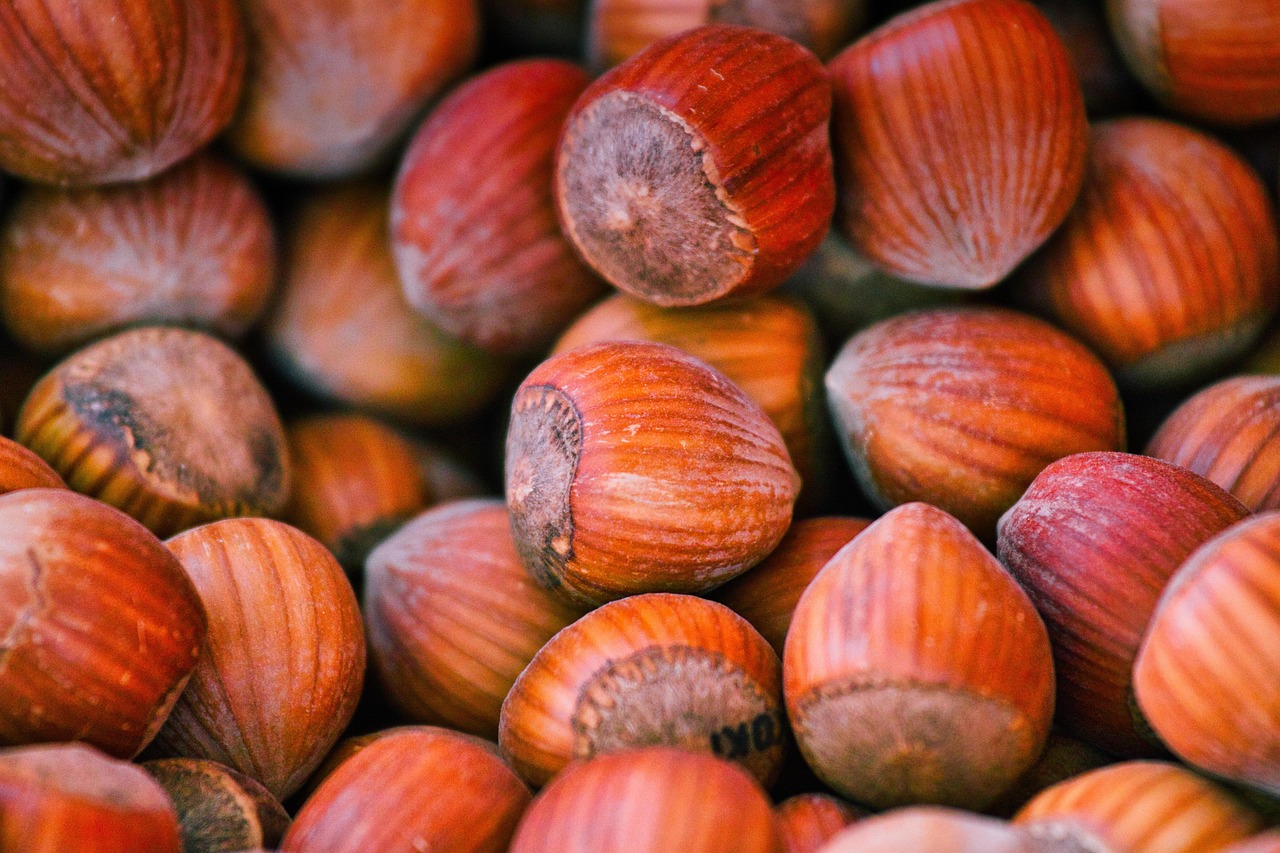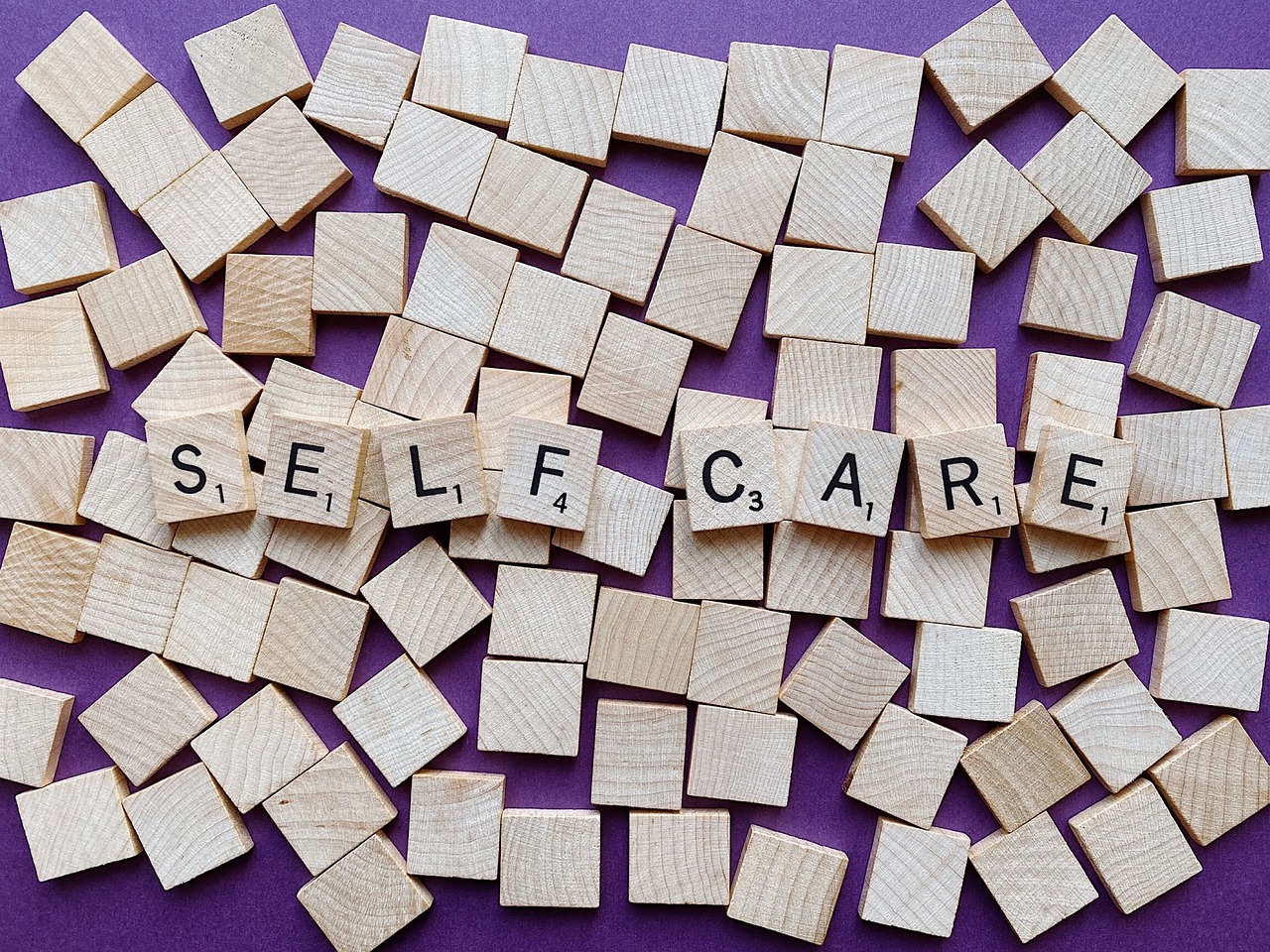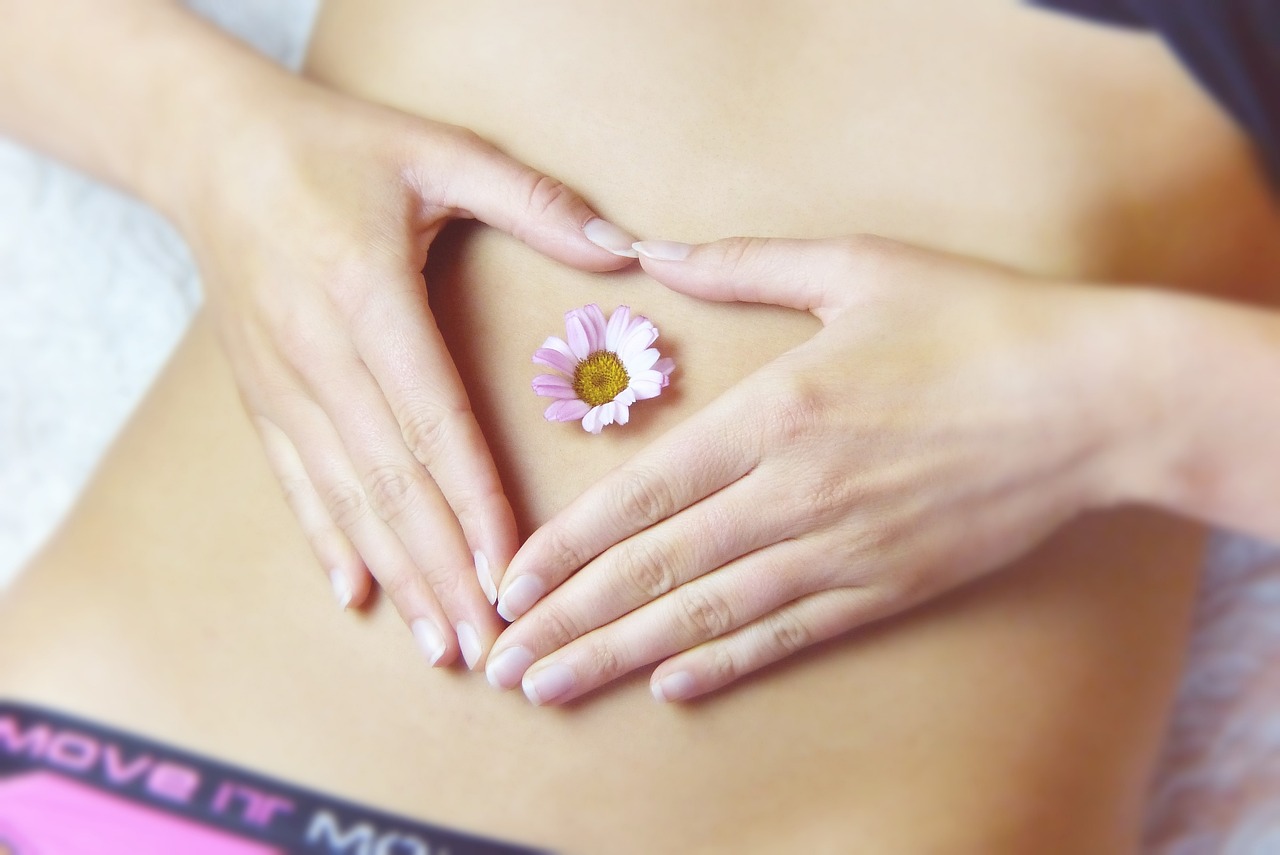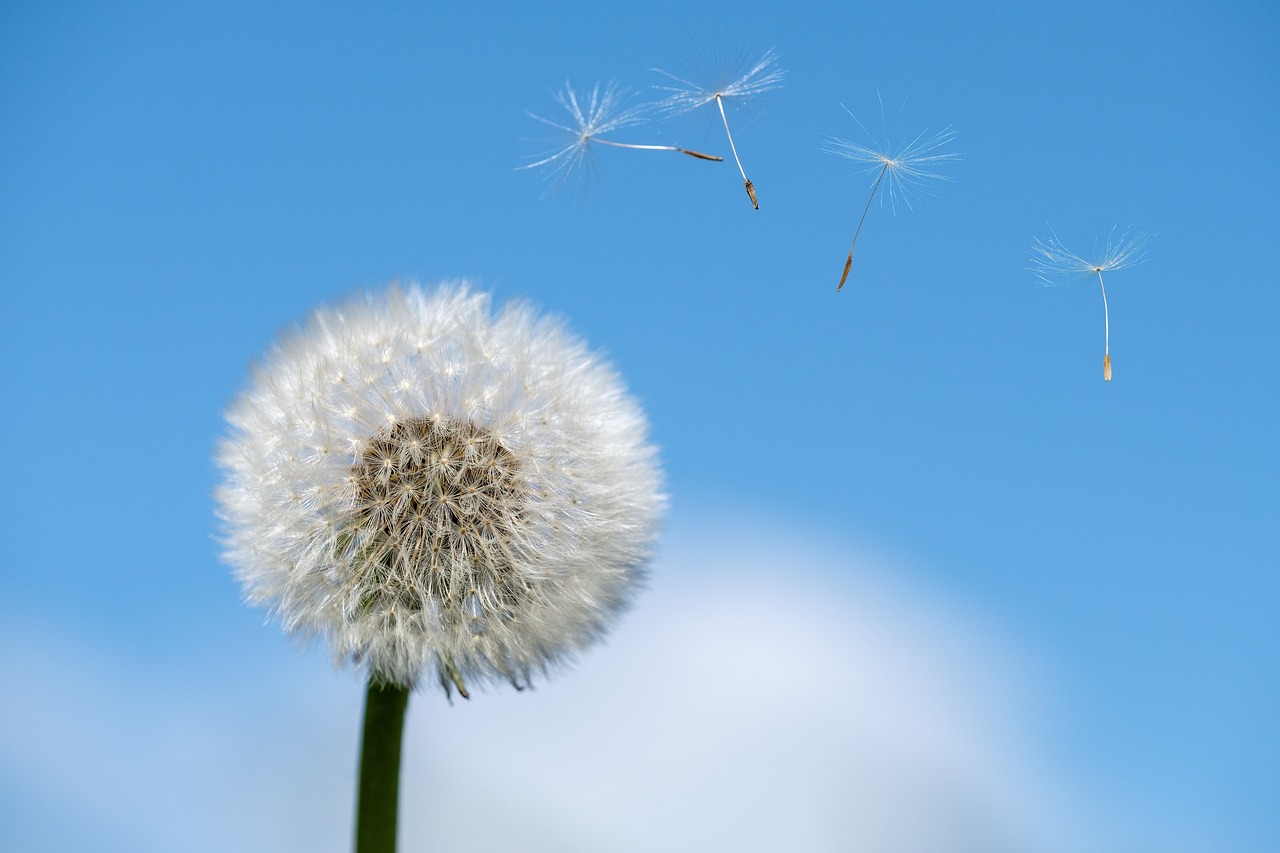Mental health awareness, for others and for ourselves
ARTICLE

Mental health is a fundamental aspect of our overall well-being, just as crucial as physical health. Yet it is often neglected, surrounded by taboos and misunderstandings. This article aims to raise awareness of the importance of taking care of mental health, destigmatize mental illness and provide keys to detecting, understanding and supporting people in distress, whether in a work or personal context.









